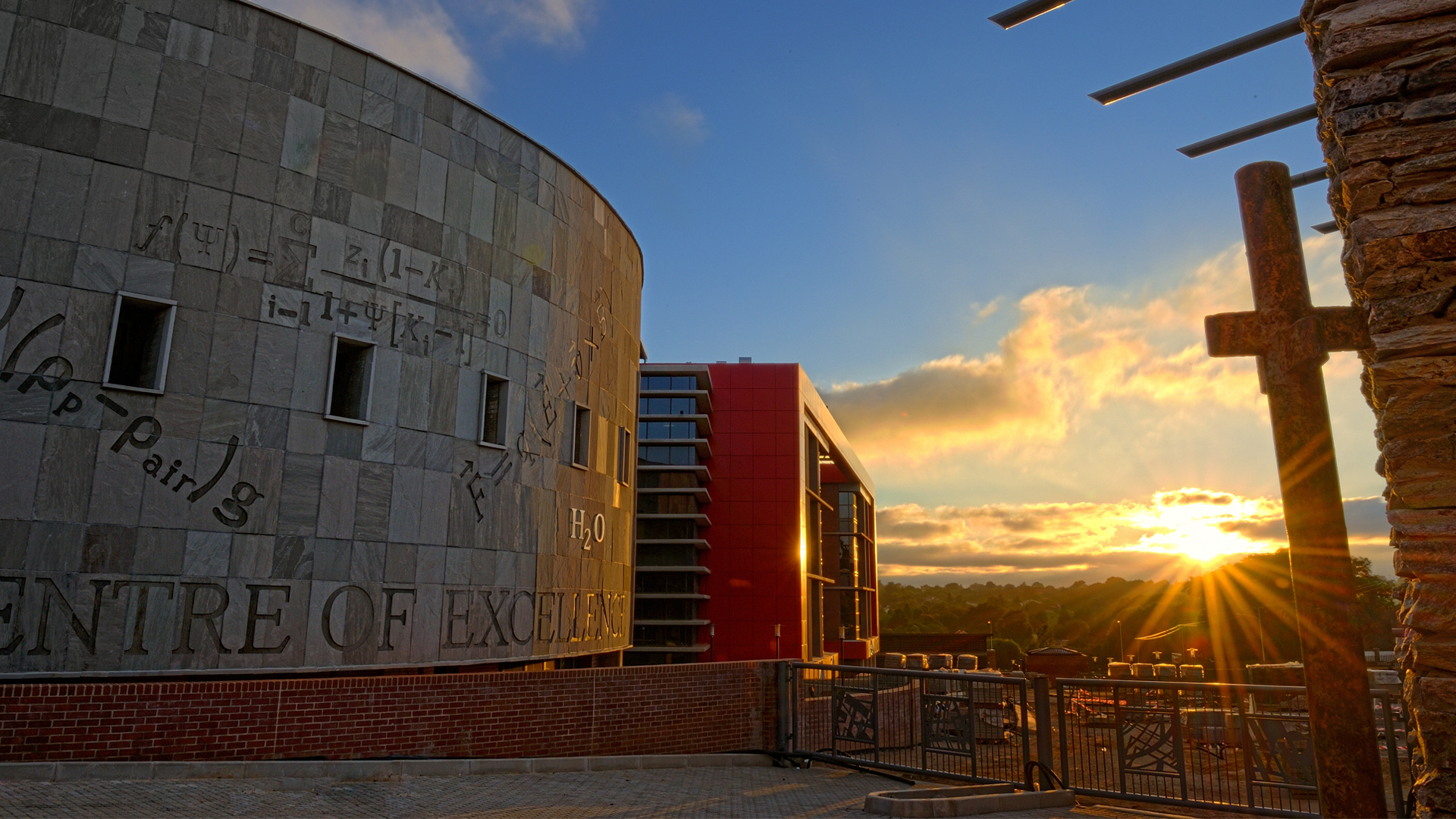Unisa & the future of higher education
From its 1873 beginnings as a small examining body, Unisa has grown into a large, multifaceted institution that interfaces with myriad aspects of local, national and global society.
By interweaving academic teaching and research programmes with its outreach to communities, Unisa has expanded the definition of how a university can serve society. Materials developed by the Unisa Institute for Adult Basic Education and Training, founded in 1994, have brought literacy to millions. Unisa’s Community Engagement and Outreach Policy, approved by the University’s Council in 2008, has initiated a host of development projects among less privileged communities.
‘Citizen Unisa’ actively seeks to engage with the greater future. Facing up to the challenge of extreme global climate change, for example, Unisa has been a signatory to the United Nations Global Compact since 2007 and has implemented significant carbon reduction policies and projects.
Like our living planet, higher education is not a static entity, but a web of complex, ever-shifting ecosystems. The universities that thrive across the 21st Century will be adaptable and resilient. This bodes well for Unisa, whose recent history of democratic-era transformation has already ingrained a strong culture of adaptability.
